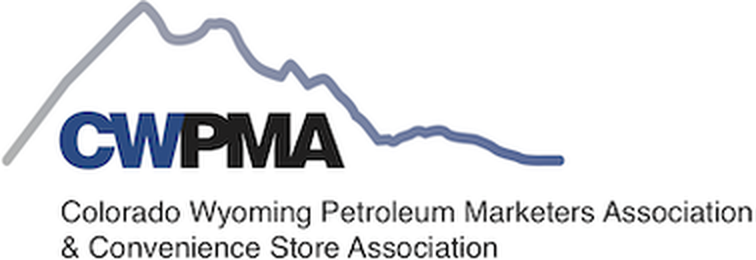
Starting on January 1, 2019, consumers will now have the option to purchase full-strength beer at grocery and convenience stores in Colorado that previously sold 3.2% beer. The changes to state liquor laws in Colorado were part of an industry regulatory transformation approved by the state legislature in 2016 and expanded on with additional legislation passed in 2018.
The changes to the regulatory environment as a result of the 2016 and 2018 legislative actions are complex and impact a variety of activities concerning the manufacturing, selling and purchasing of fermented malt beverages. The Liquor Enforcement Division, the state agency responsible for overseeing and regulating the liquor industry across Colorado, has issued the following guide to answer the question of how these changes will impact the liquor industry in Colorado.
History and Background:
During the 2016 legislative session, the Colorado General Assembly passed Senate Bill 16-197. On June 10, 2016, Gov. Hickenlooper signed Senate Bill 16-197 into law, concerning the retail sale of alcohol beverages. The signed bill restricts the issuance of new liquor-licensed drugstore and retail liquor store licenses except under specified circumstances; allows liquor-licensed drugstore and retail liquor store licensees to obtain additional licenses under limited circumstances; repeals the limit on the alcohol content of fermented malt beverages on January 1, 2019.
In 2018, the Colorado legislature passed a subsequent bill, Senate Bill 18-243, expanding the statutory changes from Senate Bill 16-197. On June 4, 2018, Gov. Hickenlooper signed Senate Bill 18-243 into law, which changed and added laws for several liquor license types in Colorado. Specific statutory changes took place immediately after the bill signing and others are effective beginning in 2019.
Effective January 1, 2019, the limitation on the maximum alcohol content of fermented malt beverages, also referred to as "3.2% beer", is eliminated, thereby allowing grocery stores, convenience stores, and any other person currently licensed or licensed in the future to sell fermented malt beverages for consumption on or off the licensed premises to sell fermented malt beverages containing more than 3.2% alcohol by weight or 4% alcohol by volume.
What this means for grocery and convenience store retailers (FMB):
• Retailers that previously sold 3.2% beer may now begin selling beer over 0.5%. New retailers may start selling beer over 0.5% (FMB) as long as they derive, at least 20% of their gross total sales annual revenues from the sale of food items for consumption off their premises (excluding fuel, lottery and tobacco products).
• FMB retailers may only purchase and sell fermented malt beverages from licensed FMB wholesalers. FMB wholesalers may only buy FMB from licensed FMB manufacturers.
• A retailer holding an FMB off-premises license may sell full-strength beer even though they are within 500 of a retail liquor store as long as they had the license before June 4, 2018. Those who apply for a new license are bound by a 500-foot requirement; meaning, a license will not be issued if their new location is within 500 feet of an existing licensed retail liquor store. The law does carve out an exception to the 20% food and 500-foot distance requirement as long as the business has applied for or received a certificate of occupancy or a building permit.
• Sales of full strength beer (FMB license sales) are restricted to between 8 a.m. and midnight.
• After January 1, 2019, employees have to be at least 18 years of age to handle alcohol.
• Allows an FMB licensee to deliver FMB to a person of legal age, if:
-
-
- The person is located at a place that is not licensed as an FMB,
- The delivery is made by an employee of the FMB retailer who is at least 21 years of age,
- The delivery is made in a vehicle owned or leased by the licensee,
- The person making the delivery must verify the age of the person purchasing if the person appears under the age of 50.
- Delivery sales are restricted to no more than 50% of the retailer's gross annual revenues from the sales that the FMB delivers.
-
• There is no square foot limit on the location size that an FMB licensed retailer can occupy.
• There is no limit on the number of licenses that can be held for Fermented Malt Beverage (FMB) licenses (formerly known as 3.2% licenses), from now and going forward. There are no restrictions on the number of FMB retail licenses one can hold beginning on 1/1/2019. FMB retailer may also hold one LLDS license.
• Retailers cannot sell beer on Christmas Day for off-premise consumption.



